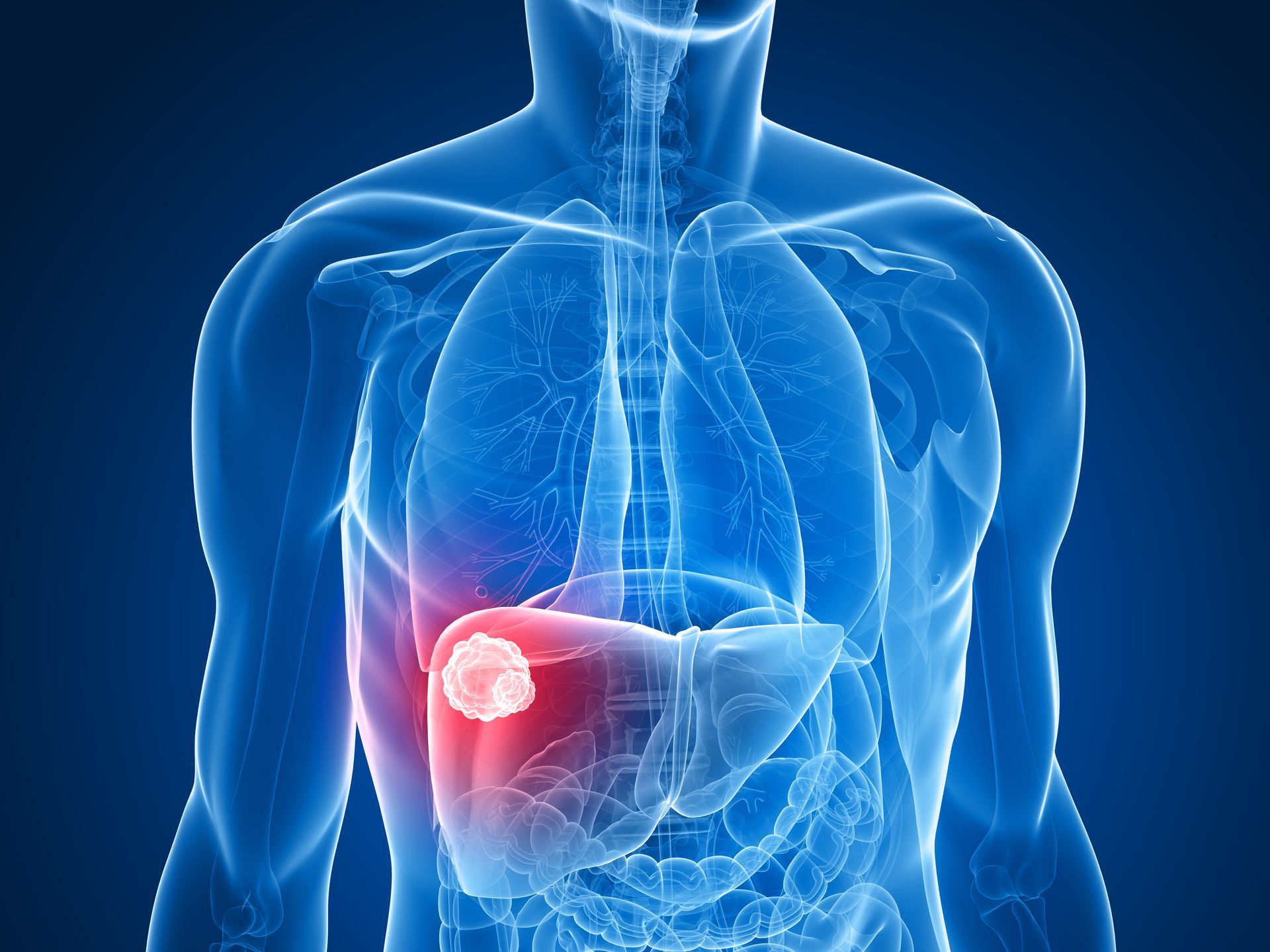liver emergencies
HEPATO-GASTROENTEROLOGY INTENSIVE CARE UNIT
Liver Institute Department - Pitié Salpêtrière Hospital
PERMANENT availability 24/7
The Liver Institute at Pitié-Salpêtrière Hospital is renowned for its highly specialized multidisciplinary team, comprising hepatobiliary surgeons, hepatologists and gastroenterologists, diagnostic and interventional radiologists, medical-surgical resuscitators, anesthesiologists and pathologists.
Within the Liver Institute, several Resuscitation - Intensive Care Units are available 24/7 to rapidly treat patients with serious and urgent life-threatening liver and digestive tract injuries, such as decompensated cirrhosis, severe acute liver failure and digestive hemorrhages.
These intensive care units also care for patients with vital organ failure in the perioperative period of surgery and/or procedures under general anesthesia for patients with liver disease.
Understanding and managing critical situations
Liver emergencies involve serious liver complications requiring immediate treatment. They include fulminant hepatitis, decompensated cirrhosis, or gastrointestinal bleeding related to liver disease. They are accompanied by signs such as intense jaundice, bleeding, confusion, or significant abdominal swelling. These situations can be life-threatening and often require intensive care.
Liver emergencies
Acute liver failure is a serious condition in which liver dysfunction can rapidly be followed by multi-organ failure with hepatic encephalopathy and then hemodynamic and/or renal failure. Fulminant hepatitis, combining severe acute liver failure (PT <50% without underlying chronic liver disease) and hepatic encephalopathy (ranging from simple psychomotor slowing to coma, including confusion and possibly seizures), is an emergency whose treatment relies on rapid liver transplantation.
Thus, it is reasonable to transfer any patient with severe acute liver failure to a liver transplant center, even before hepatic encephalopathy develops, so as not to delay diagnostic and therapeutic management, including multidisciplinary assessment of the indication and feasibility of liver transplantation, etiological assessment and possible specific treatment, and close clinical-biological reassessment of these patients.
The emergency of digestive hemorrhage
As for digestive hemorrhages, they also represent both a diagnostic and therapeutic emergency and can be managed 24/7 within the Pitié-Salpêtrière Hepato-Gastroenterology Intensive Care Unit or other critical care structures available in the center if necessary.
They can occur in a context of portal hypertension or not. Diagnostic management consists of a clinical-biological assessment of the severity of the hemorrhage and the performance of upper or lower digestive endoscopies depending on the indication.
Digestive endoscopy plays a central role, both diagnostic and therapeutic. In the event of failure of digestive endoscopy, particularly if digestive hemorrhage is refractory or recurrent, the Liver Institute has a complete technical platform for second-line management of hemorrhages, namely cross-sectional imaging, interventional radiology for arteriography /- embolization or TIPS, and digestive surgery for hemostasis if necessary.
Other types of decompensation
- Infections and sepsis (to be added)
- Hepatic encephalopathy (to be added)
- Acute renal failure (to be added)
- Refractory ascites (to be added)
LIVER emergency
Patients with gastrointestinal bleeding, decompensated cirrhosis, with or without organ failure, acute liver failure, requiring urgent treatment
01 42 16 10 32
7 days a week, 24 hours a day
liver tumors
Patients with cirrhosis requiring rapid outpatient care
01 84 82 77 32
Monday to Friday from 9 a.m. to 6 p.m.

in radiology
interventional
Interventional radiology plays a very important role in the management of liver cancer, allowing minimally invasive diagnostic and therapeutic techniques.

The rapid screening center
liver tumors
The Liver Transplantation Center of the Liver Institute combines diagnostic activities for liver diseases and tumors, medical and surgical care and provides second-line center activity on a national and international scale.



